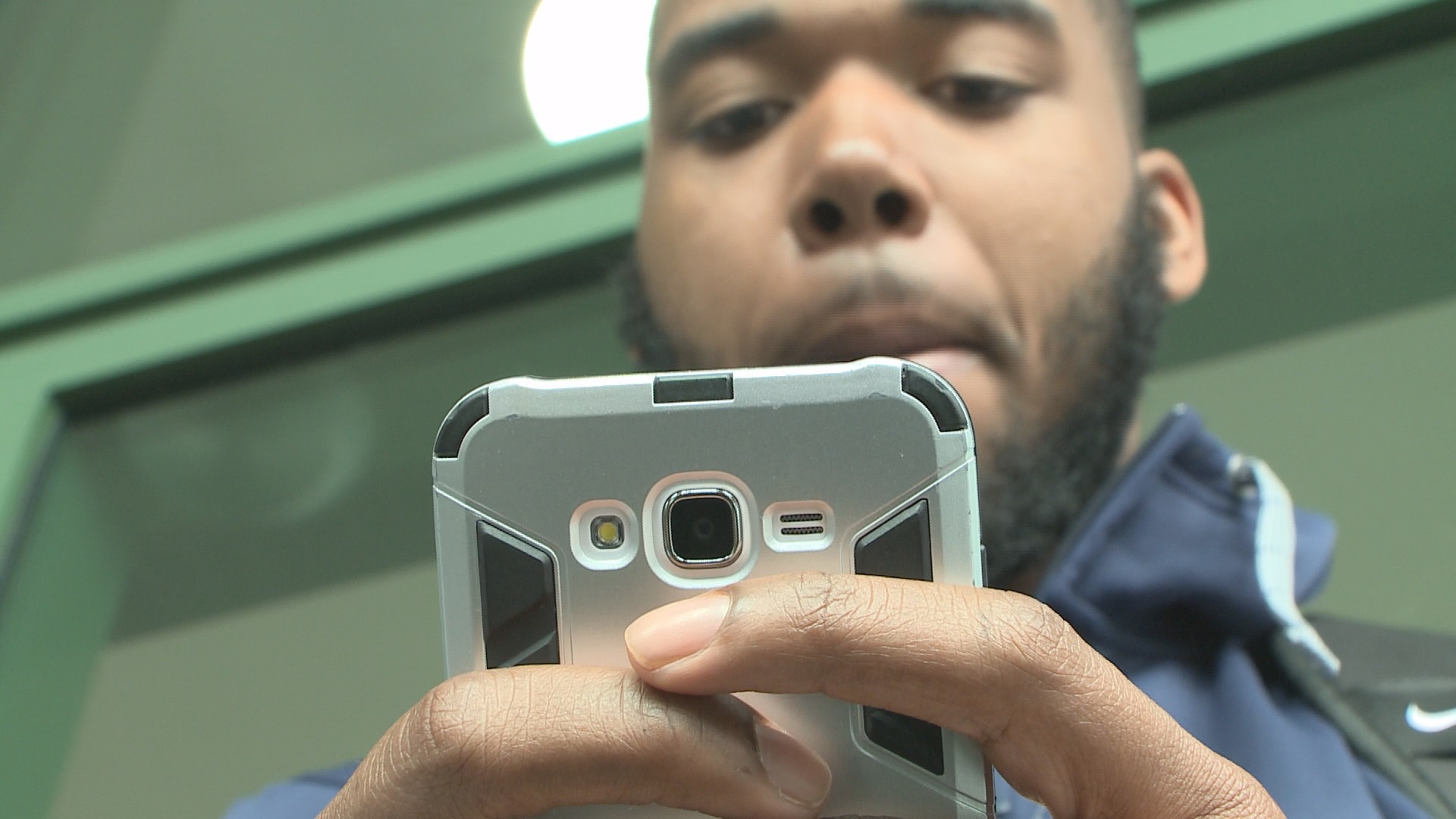Have you wondered if you depend on your smartphone too much? That maybe your beloved device gets so much of your attention that it’s actually changing you?…perhaps even making you stupid?
Well, scientific research indicates the answer is, “Yes”.
That’s because smartphone is actually re-wiring your brain.

Among the first to note this technological impact is author Nicholas Carr.
“I think everything I talked about has been accelerated and exaggerated by the rise of the smartphone,” said Carr in a recent interview via Skype.
Carr has written five books and numerous articles about the how information technology has shaped society. His Pulitzer nominated 2010 book, “The Shallows”, explored how the internet is caused changes in brains functioning.
Today, Carr worries about smartphones.
“We’re connected with this very powerful technology that is interrupting us, distracting us, pretty much literally our entire waking lives,” says Carr.
Carr is describing something call neuroplasticity. Every time we learn something, a new combination of brain cells called neurons gets connected. Think of it as a new brain-circuit.
When we associate this learning as good or rewarding, a chemical called dopamine is released in our brains. Dopamine makes people feel happy or euphoric. That feeling is the incentive to repeat the activity and re-connect that new brain-circuit. (In this case, exploring your smartphone.)
The more that brain-circuit gets connected, the stronger it gets. Consequently, other brain-circuits which are not ‘exercised’ this way, get weaker.
So, your brain is like your muscles. The phrase, “use it or lose it’ applies to both.
What are we losing?
Short-term memory for starters. Remembering a seven-digit phone number was a routine activity. How many seven digit phone numbers do you know today? Can you recite the smartphone numbers for your parents?...your kids? (I can tell you I can’t. But they are stored in my phone.)
There are lots scientific studies suggesting our dependence on smartphones is not entirely good for us.
A study published in January by researchers at Hokkaido University in Japan found “the mere presence of a (smartphone) was a distraction among frequent internet users”.
You know all those notifications your smartphone sends you? Florida State researchers found (in July 2015) that even though alerts are usually very short, requiring a few seconds consideration, that they are enough to have a significant impact an attention-demanding task. (Think while driving a car.)
Last fall, researchers from UC San Francisco found increased ‘screen-time’ was associated with less sleep and poor quality sleep.
And if you’ve ever wondered if technology-addiction was possible, consider this: researchers at the University of Missouri took iPhones away from their users and measured their physical responses. They found the phone-less subjects had significant increases in anxiety, heart rate and blood pressure.
Now, one of the favorite activities for smartphone users are social media apps like Twitter, Facebook and Snapchat. But neuropsychologist Dr. Jessica Englert says using social media apps does not help develop important social skills.
Among young smartphone users, Englert has seen social deficits in areas like maintaining eye-contact.
”I would say that’s one of the biggest things with younger populations. It’s uncomfortable for them because they don’t have to make eye-contact to get their news met," says Dr. Englert.
For parents wondering what to do with their smartphone-wielding children, Dr. Englert has some advice.
“Have one place in the house that you do not have your phones. For example, the dining room table. Eat together without phones at the table,” says Englert.
Also, remove phones from the bedroom. Create a nighttime docking station for the entire household. (Chances are, if the phone rings, you’ll still hear it.) Minus the blinking lights, dings, clicks and buzzes a full night’s sleep should be much easier.
And schedule time to be phone-less. Find an activity (gardening, laundry, exercising, etc.) where you have no contact with your phone. Even short rests from your phone, even just 15-to-30 minutes can be helpul.
Most of all, be conscious of how much attention you pay to your smartphone.
Manage your smartphone.
Don’t let your smartphone manage you.

